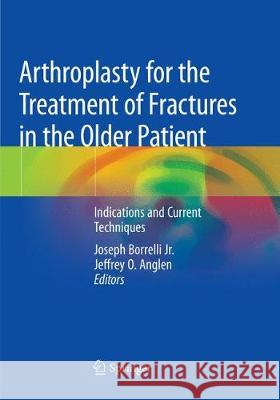Arthroplasty for the Treatment of Fractures in the Older Patient: Indications and Current Techniques » książka
topmenu
Arthroplasty for the Treatment of Fractures in the Older Patient: Indications and Current Techniques
ISBN-13: 9783030068127 / Angielski / Miękka / 2018 / 280 str.
Arthroplasty for the Treatment of Fractures in the Older Patient: Indications and Current Techniques
ISBN-13: 9783030068127 / Angielski / Miękka / 2018 / 280 str.
cena 345,36 zł
(netto: 328,91 VAT: 5%)
Najniższa cena z 30 dni: 344,56 zł
(netto: 328,91 VAT: 5%)
Najniższa cena z 30 dni: 344,56 zł
Termin realizacji zamówienia:
ok. 20 dni roboczych.
ok. 20 dni roboczych.
Darmowa dostawa!
Kategorie BISAC:
Wydawca:
Springer
Język:
Angielski
ISBN-13:
9783030068127
Rok wydania:
2018
Dostępne języki:
Ilość stron:
280
Oprawa:
Miękka











